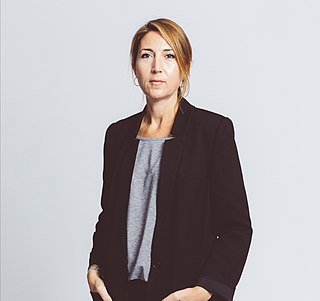Top 76 Quotes & Sayings by Lisa Jewell
Explore popular quotes and sayings by a British author Lisa Jewell.
Last updated on April 21, 2025.
People with big ideas worry. They lie awake at night and fret as they try to climb up the social or financial ladder. They probably feel proud of themselves for what they've achieved, but I'm proud of the fact that I've done very little - and hence have little to worry about - and I've still got somewhere.
That whole idea of chick lit being a thing that you just lump all the commercial female writers into - it went on for years.I'd switch on the radio, and I'd hear, 'Two female authors are here to discuss chick lit - is it dead?' and I'd think, 'Argh, no, not again. Are we seriously still having this conversation?'



















